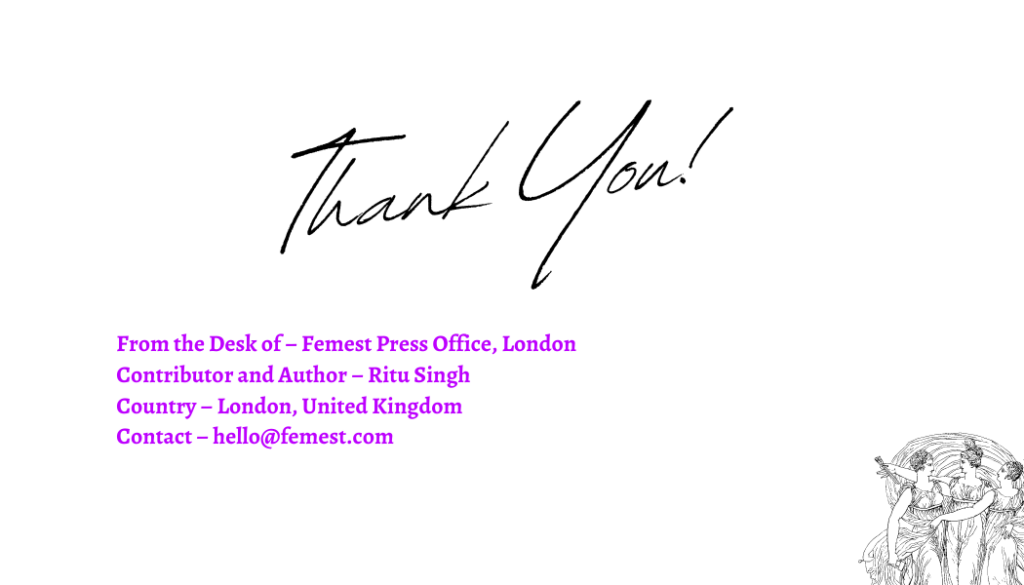Interview with Melissa Alvarado Sierra– Nurturing the Creative Spirit through Puerto Rican Identity and Resilience
“Writing to Heal, Writing to Empower”
Puerto Rican writer, poet, and cultural advocate, Melissa Alvarado Sierra, opens up about her literary journey, her experiences as a two-time cancer survivor, and the profound influence of her heritage on her creative work. She shares her passion for capturing the rhythm of life in Puerto Rico, navigating girlhood and memory, and the importance of amplifying diverse voices in literature.
Can you share a bit about your journey as a Puerto Rican writer and poet? What inspired you to pursue a career in literature?
Writing has been my way of tracing the contours of my life, finding meaning in both the quiet and extraordinary moments. Growing up in the mountains of Cayey, I was surrounded by stories that seemed to hang in the air, as real as the scent of damp earth after rain.
Writing allows me to reclaim and preserve that sense of place, not to freeze it in time but to let it breathe, to honor it as a part of who I am. The stories of my homeland, of Puerto Rico and its people, are layered and alive, and I write to inhabit them fully.
It’s not about producing a perfect narrative but about capturing the rhythm and spirit of a place that has shaped me in ways I’m still discovering.
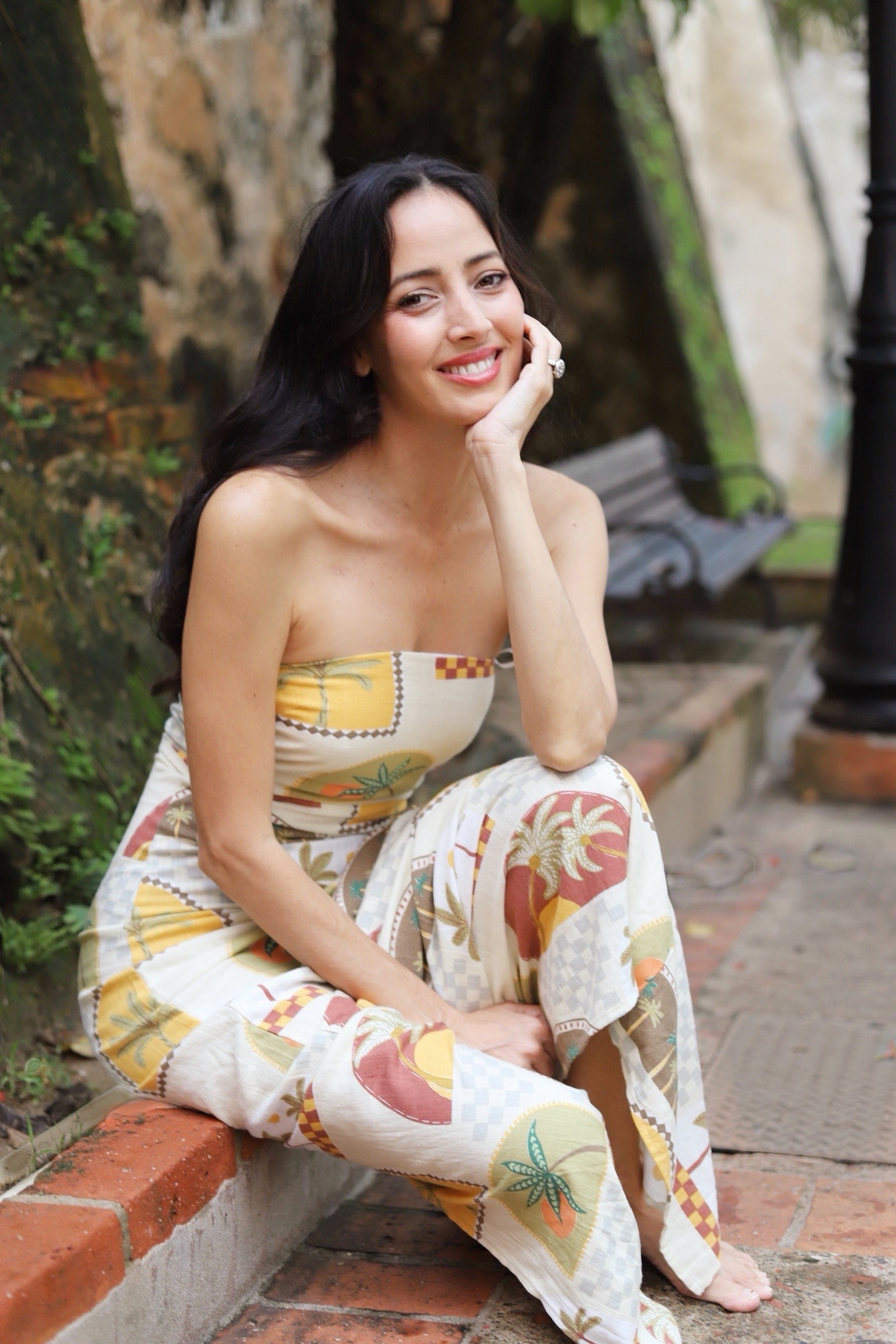
Your work often explores themes of identity and resilience. How have your Puerto Rican heritage and personal experiences shaped these themes in your writing?
Puerto Rico is a place of contrasts—beauty and struggle, joy and loss—and that duality is woven into everything I write. My heritage is inescapable; it defines not only what I write but why. Puerto Rico’s history, marked by resistance and resilience, holds lessons I carry in my own life, through illness, distance, and return.
The act of writing allows me to confront and explore these experiences, to hold the weight of both the challenges and the beauty. I aim to present Puerto Rican identity in its richness, as a living, moving, thing that continues to evolve.
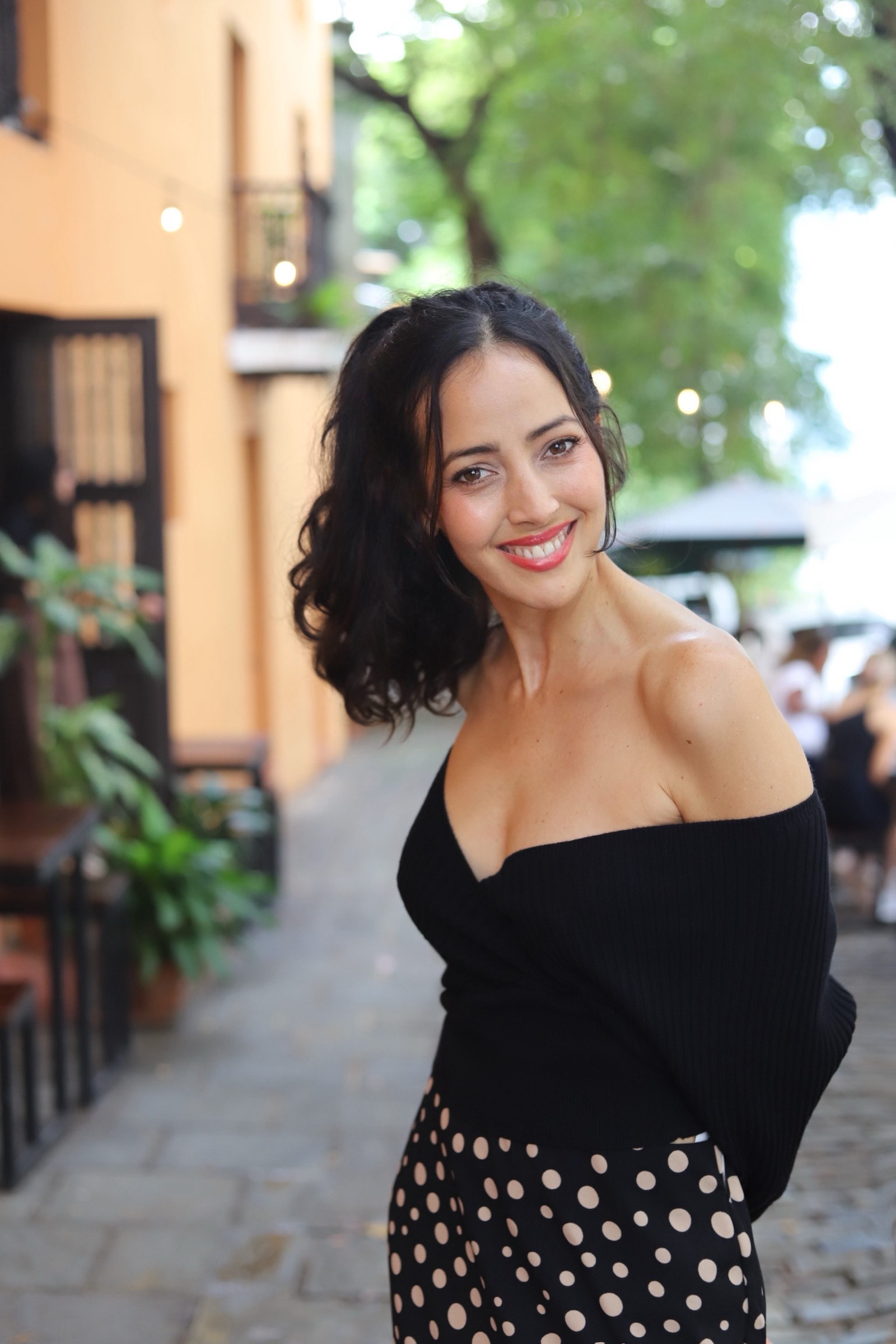
As a two-time cancer survivor, how has your health journey influenced your perspective on life and your creative process?
Surviving cancer taught me that life is an act of improvisation, a series of unknowns where control is an illusion. I once saw creativity as something I could shape and plan, but now it feels like a force that carries me, a way to respond to what unfolds moment by moment.
Writing has become my way of claiming space in a world that’s unpredictable, grounding me in the small moments and reminding me that creating is how we heal and find wholeness—not in spite of the hardships, but because of them.
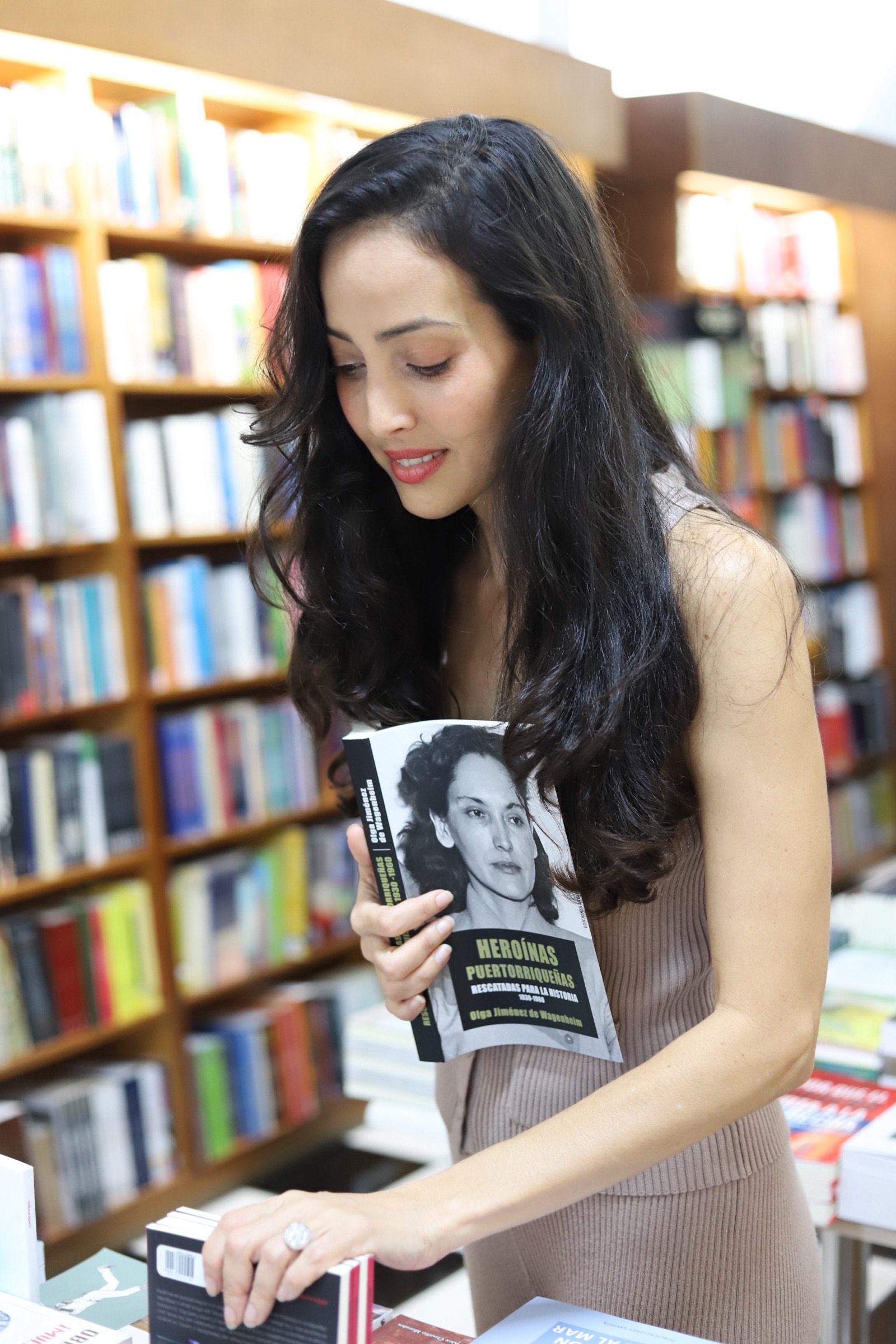
You’ve written about the complexities of girlhood and memory. Can you elaborate on the significance of these themes in your poetry and prose?
Girlhood is a theme I return to often out of a need to understand myself. Those early experiences linger, shaping who we become, the choices we make, the paths we follow.
Writing about girlhood allows me to revisit those memories. I don’t want to change them but to see them more clearly, to find what lies beneath.
Memory is slippery, both a comfort and a challenge, and in writing, I can capture its elusive nature.
As I guide other writers, I encourage them to mine their own memories, to find the stories that wait there, because these are the stories that define us, even across time and distance.
Your recent projects include a poetry collection reflecting on life by the sea and an autobiographical novel. What can readers expect from these works, and what motivated you to explore these particular subjects?
In my poetry collection, A mí me dieron el mar, I explore the strata of life by the sea, where nature and memory intersect in ways that are both grounding and unsteady.
The poems move through these spaces, embracing the cadence of tides, storms, and stillness, mirroring the sea’s vast influence on identity, belonging, and memory.
Through this collection, I try to honor the pull of the sea and its enduring presence in my life—a force that shapes, challenges and holds within it a constant call to return.
Meanwhile, my autobiographical novel traces the sharp edges of adolescence, set against the rhythms of the island, where every street corner and school hallway held the weight of social divides and unspoken rules.
This is a story that doesn’t strive for easy resolutions; instead, it lives in the moments of tension, the spaces where identity is constantly negotiated and redefined.
The novel allows me to piece together memories, not to create a linear narrative, but to show the raw complexity of a girlhood spent navigating worlds that felt both safe and threatening.
It’s an exploration of belonging, a reflection on what it means to carry parts of the past, even when the past itself seems determined to slip away.
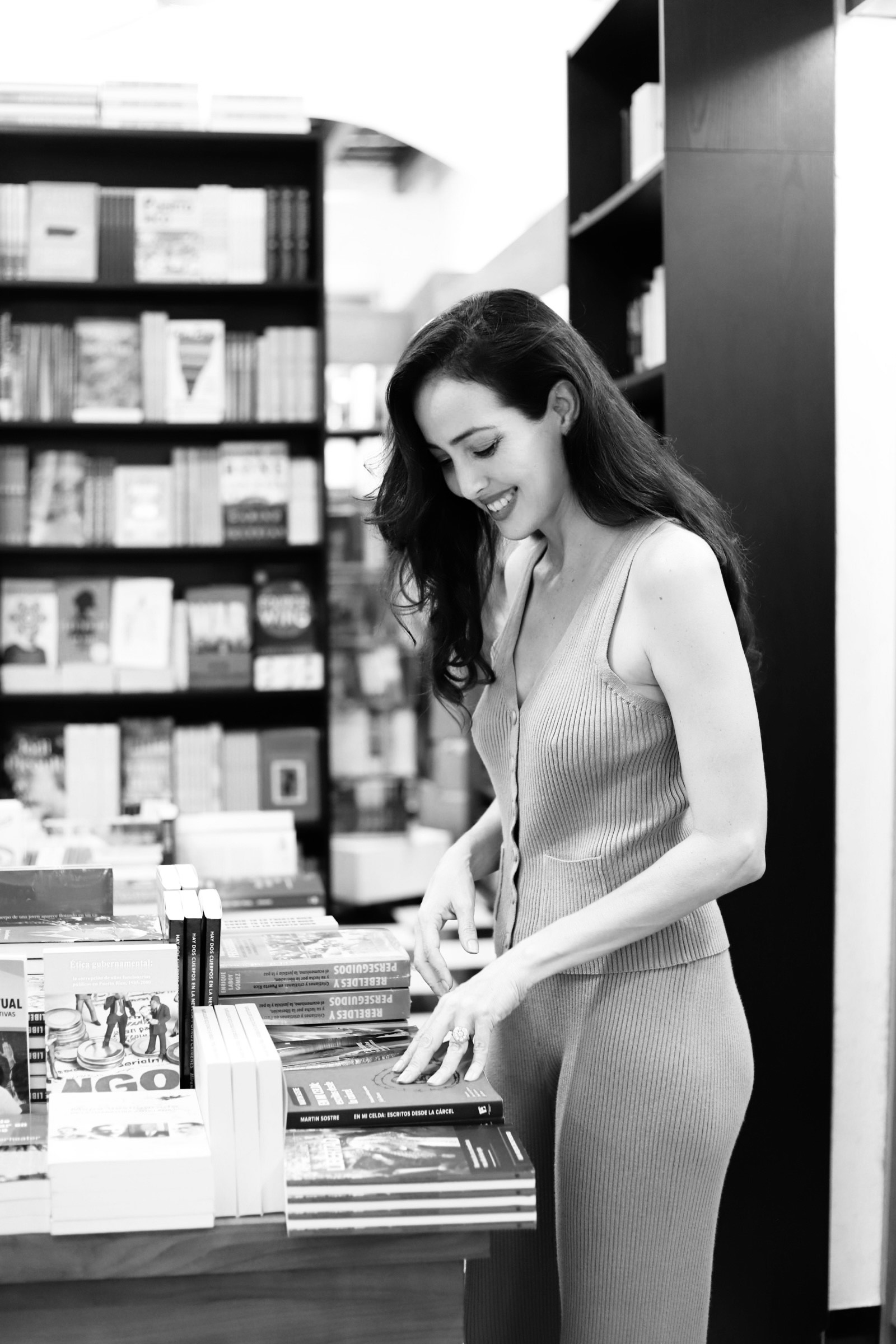
You’ve had your work featured in prominent outlets like The New York Times and Orion Magazine. What has been the most rewarding aspect of sharing your writing on such platforms?
Sharing my writing in publications that have a lot of reach has been a way to find readers beyond the borders of the Caribbean, to bring our stories into spaces where they’re not always heard.
The reward lies not in the recognition but in knowing that readers from all walks of life might find a connection to the words, that they might feel the pulse of my home and see its people with fresh eyes. Writing for these platforms has allowed me to bridge worlds, to honor my heritage while inviting others to understand it more deeply.
You co-edit Rhizomag, a literary journal focused on showcasing diverse narratives. Why do you believe it’s important to amplify women’s voices in literature, and how does this mission inform your work?
Rhizomag is a space for voices on the margins, a place where pain and joy can coexist, where writers can share stories that might otherwise go unspoken. These stories reveal truths about strength, vulnerability, and the ways we navigate a world that doesn’t always see us.
Together with Karlié Rodríguez, my role as co-editor is to shape a space where writers can be unapologetically real, where they feel free to confront and celebrate life in all its complexity and messiness.
Rhizomag is more than a publication; it’s a gathering place for voices often left on the periphery, a community formed by those who speak not because it is easy, but because it is necessary.
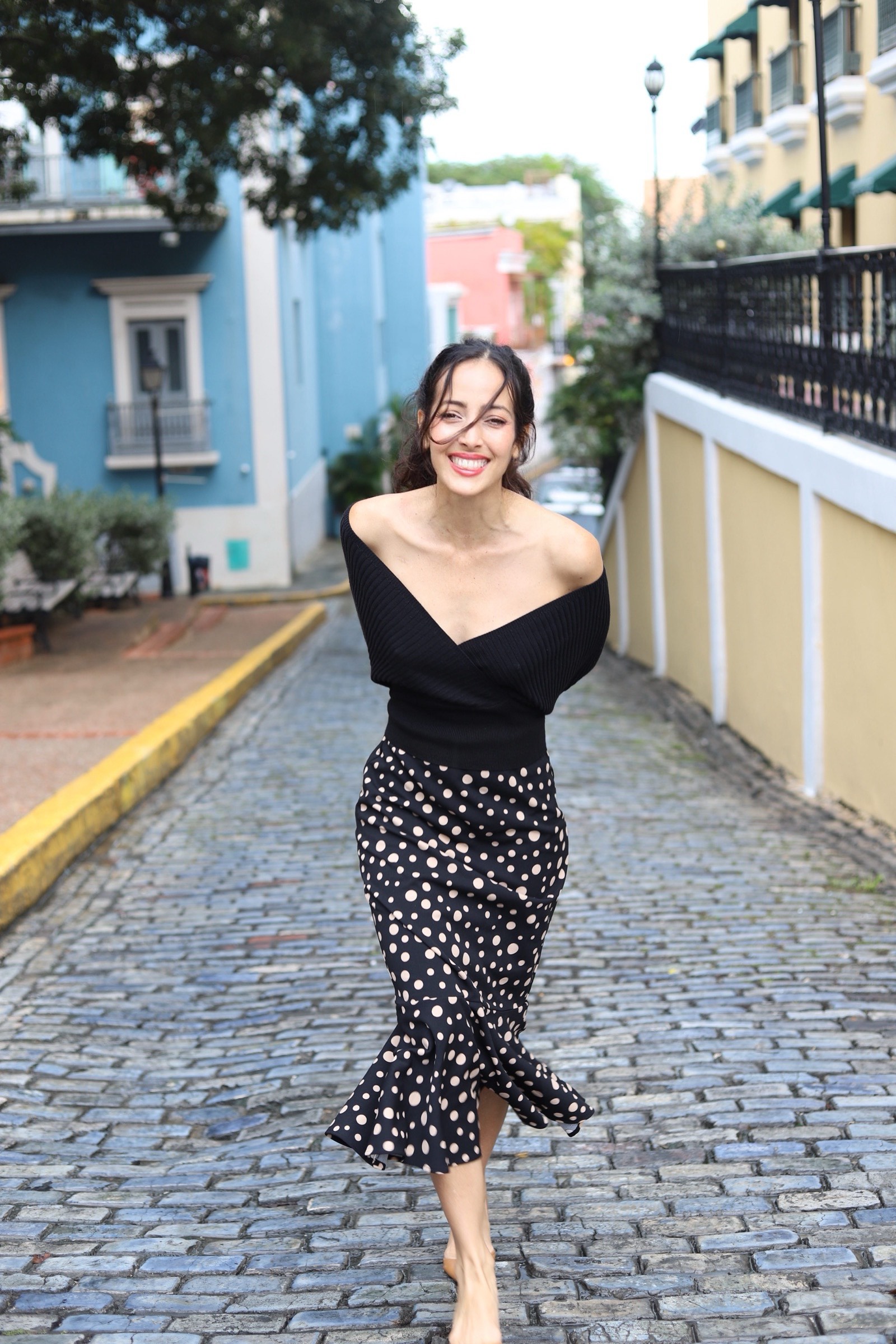
Your chapter on environmental justice in Vieques has gained attention. What inspired you to write about this topic, and what message do you hope to convey through your contribution?
Writing about environmental justice in Vieques was my way of bearing witness, of saying, “This matters.” The military occupation and its aftermath left scars on the land and the people, scars that run deep.
For me, writing about this topic is a form of responsibility, a way to highlight a struggle that is both intensely personal and inherently political.
I hope that my work brings awareness, but more importantly, I hope it brings compassion and understanding for those who continue to live in its shadow.
How do you integrate your love for travel and sailing into your writing? What stories have emerged from these experiences?
Travel and sailing are extensions of my writing; they’re ways of exploring and connecting with the world beyond the familiar.
Life at sea has a rhythm of its own, one that teaches patience and adaptability, and this rhythm finds its way into my stories.
Each journey brings new perspectives, new layers of understanding, and I try to capture that sense of movement and discovery in my writing.
It’s not just about the places but about the experiences that shape us, the moments of stillness, the encounters with the unknown.
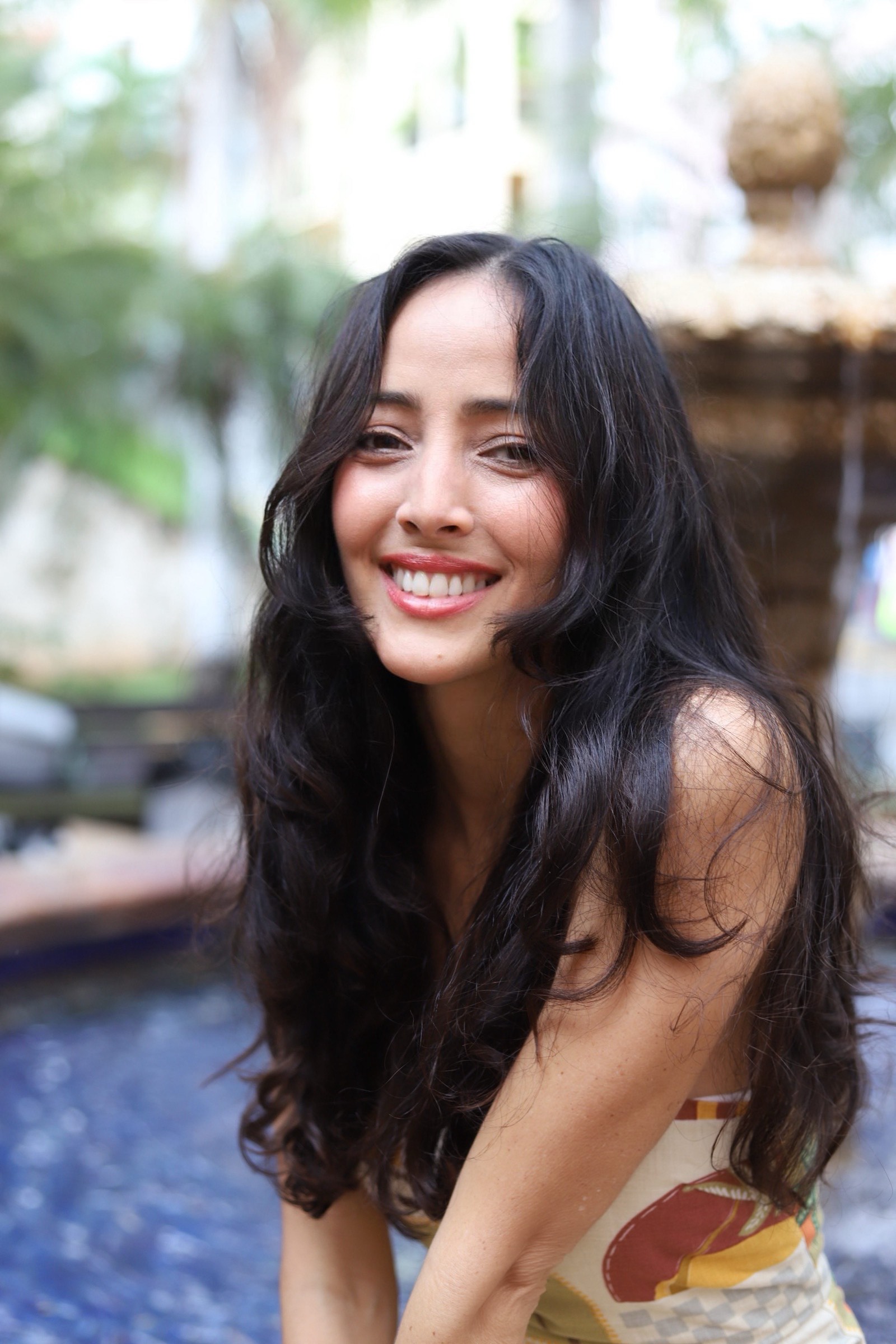
You mentioned that you strive to inspire others to embrace their unique journeys. What advice would you give to aspiring writers, particularly women, who wish to share their stories?
To aspiring writers, especially women, I would say: listen to the quiet voice within you and let it guide you. There’s strength in telling your story, in bringing your unique perspective to the world.
Writing isn’t about being loud or certain; it’s about being true, even when that truth feels fragile. Find mentors who understand this, who encourage you to explore without boundaries.
Writing can be a lifeline, a way to connect with yourself and with others, so don’t be afraid to let your story unfold, one line at a time.
Can you tell us more about your ongoing Ph.D. in Caribbean literature? What aspects of this field are you most passionate about?
My doctoral studies in Caribbean literature are an immersion in stories that have long been silenced, particularly those of women.
I’m drawn to the ways these stories reveal new levels of history and identity, the threads of memory that connect us to the past.
This academic work allows me to look closely at voices that have been overlooked, to see the complexity and nuance in their narratives.
It’s a way of contributing to a broader understanding of the Caribbean, not as a monolith but as a region of countless stories, each one vital in its own right.

Finally, what is your core message for readers regarding nurturing their creative spirit, and how do you believe this can lead to personal empowerment?
My message to readers is simple: nurture your creative spirit as you would a garden. Creativity is not a luxury; it’s a necessity, a way to connect with yourself and the world around you.
Writing has been my anchor, my way of finding clarity and strength in times of uncertainty. I believe that when we embrace our creativity, we tap into a source of resilience and possibility that goes beyond the self.
It’s a way to live with intention, to honor both the beauty and the struggle in our lives. Through creativity, we find not only our voice but a path to a more authentic and empowered life.
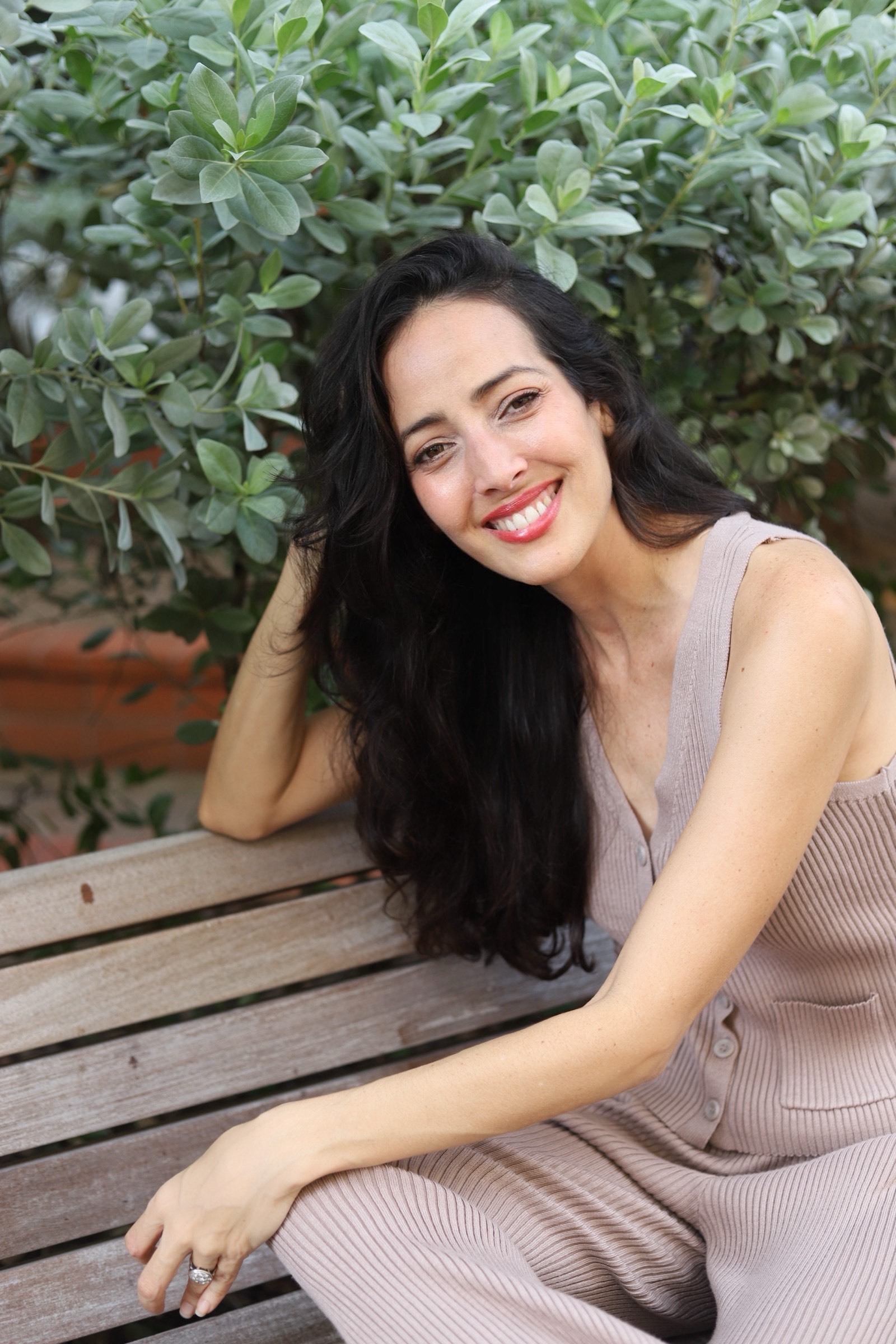
“Melissa Alvarado Sierra’s journey is a testament to the transformative power of creativity—an enduring reminder that by nurturing our creative spirits, we not only find healing and empowerment but also connect more deeply with the world and our true selves.”
